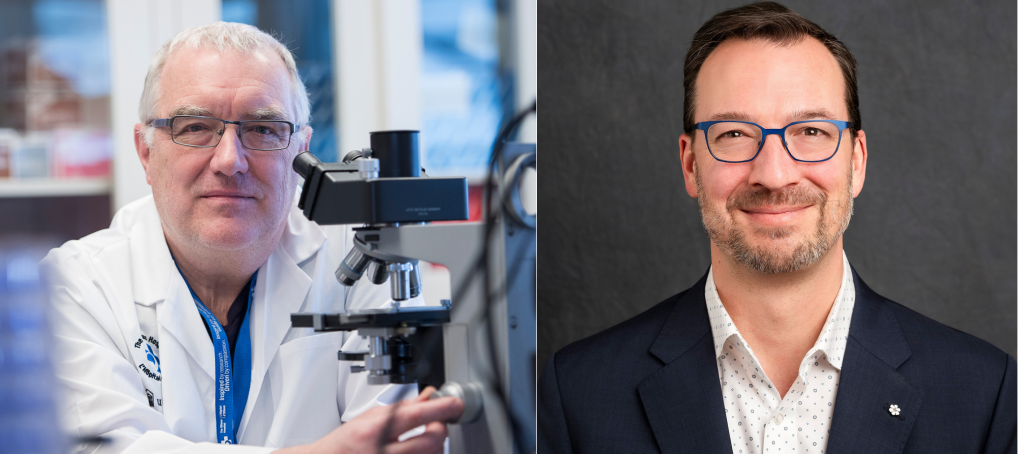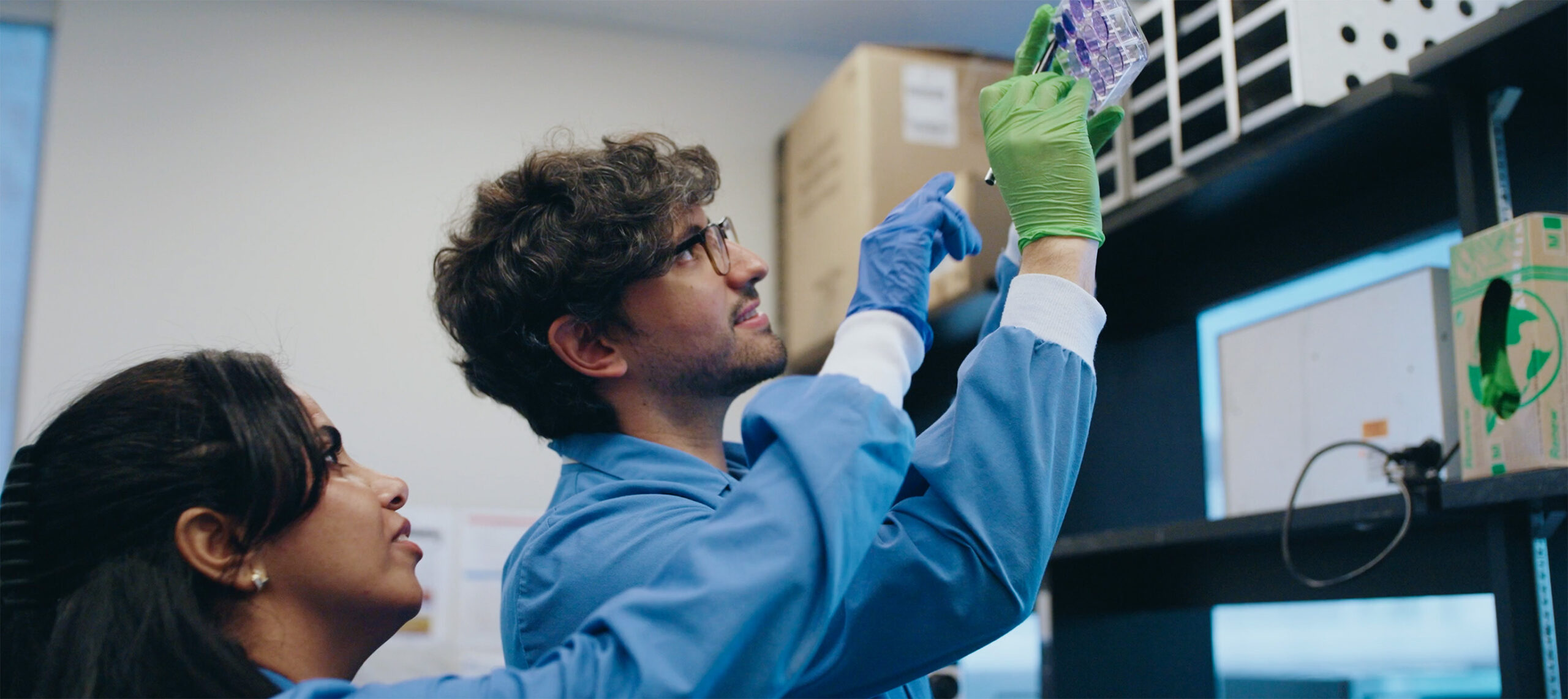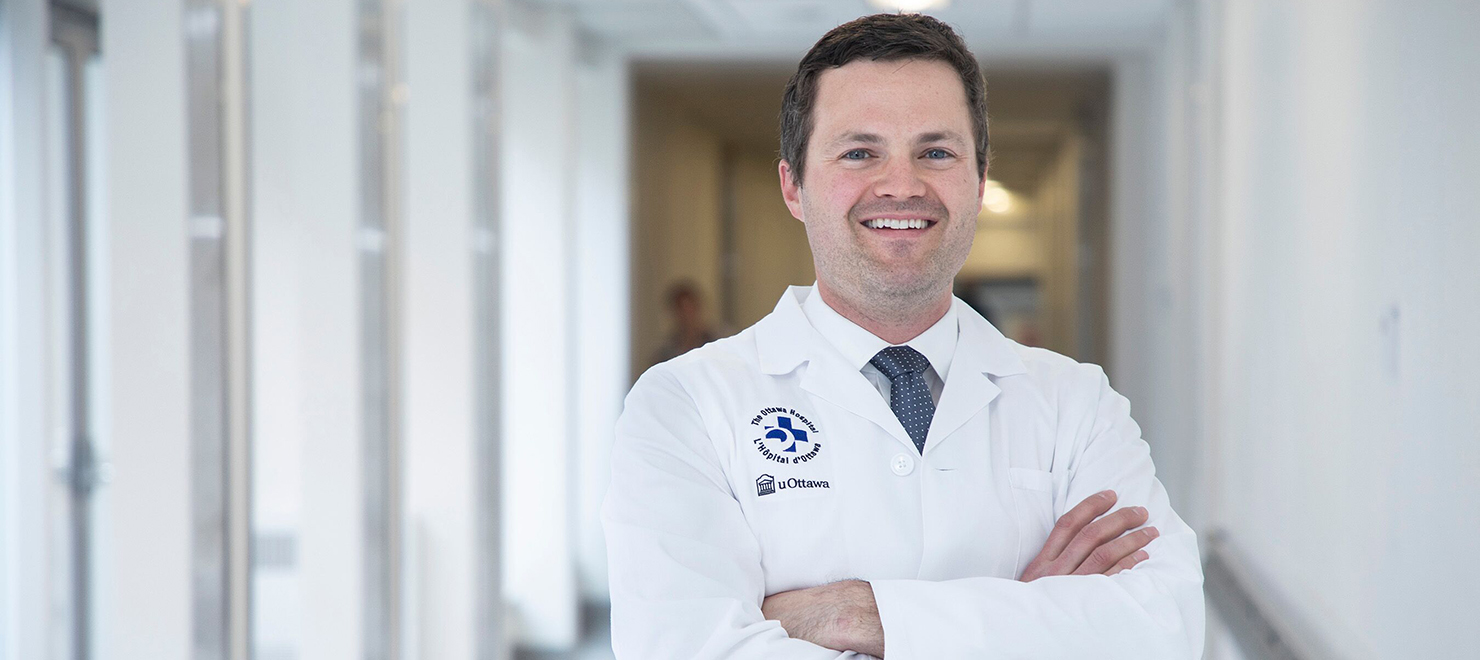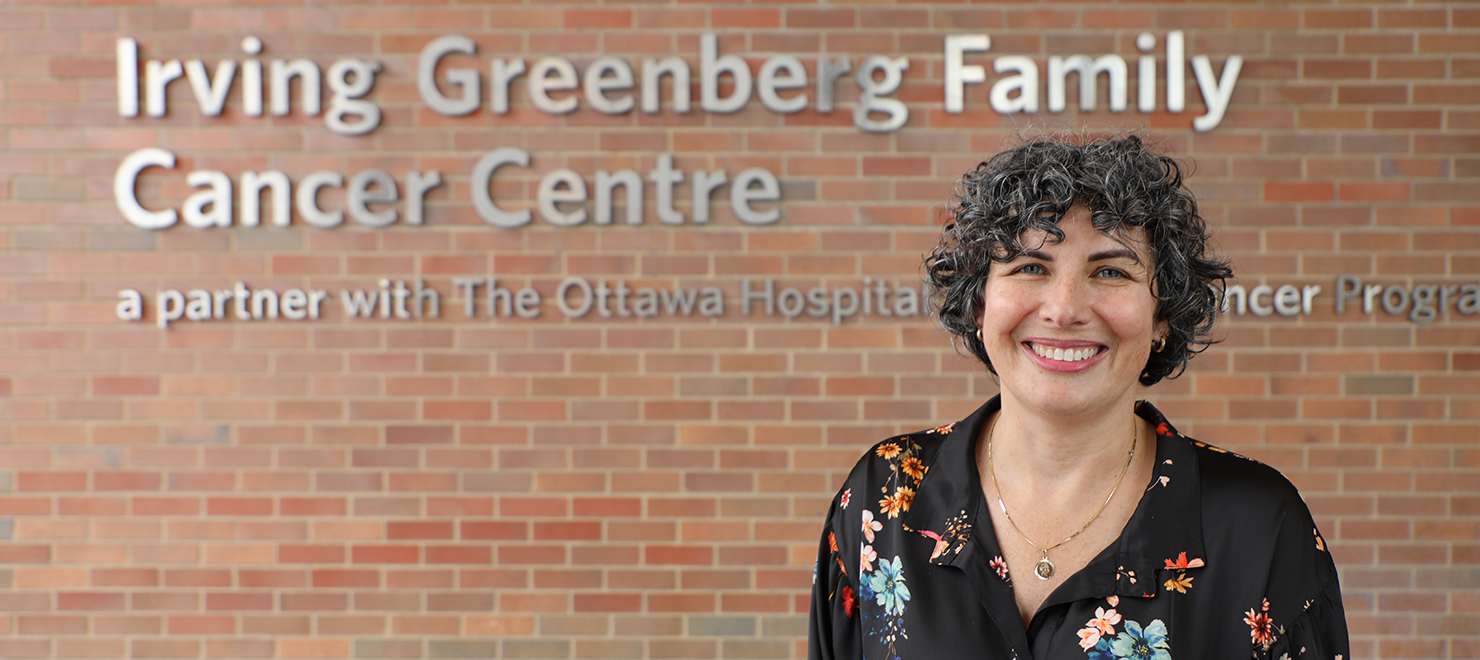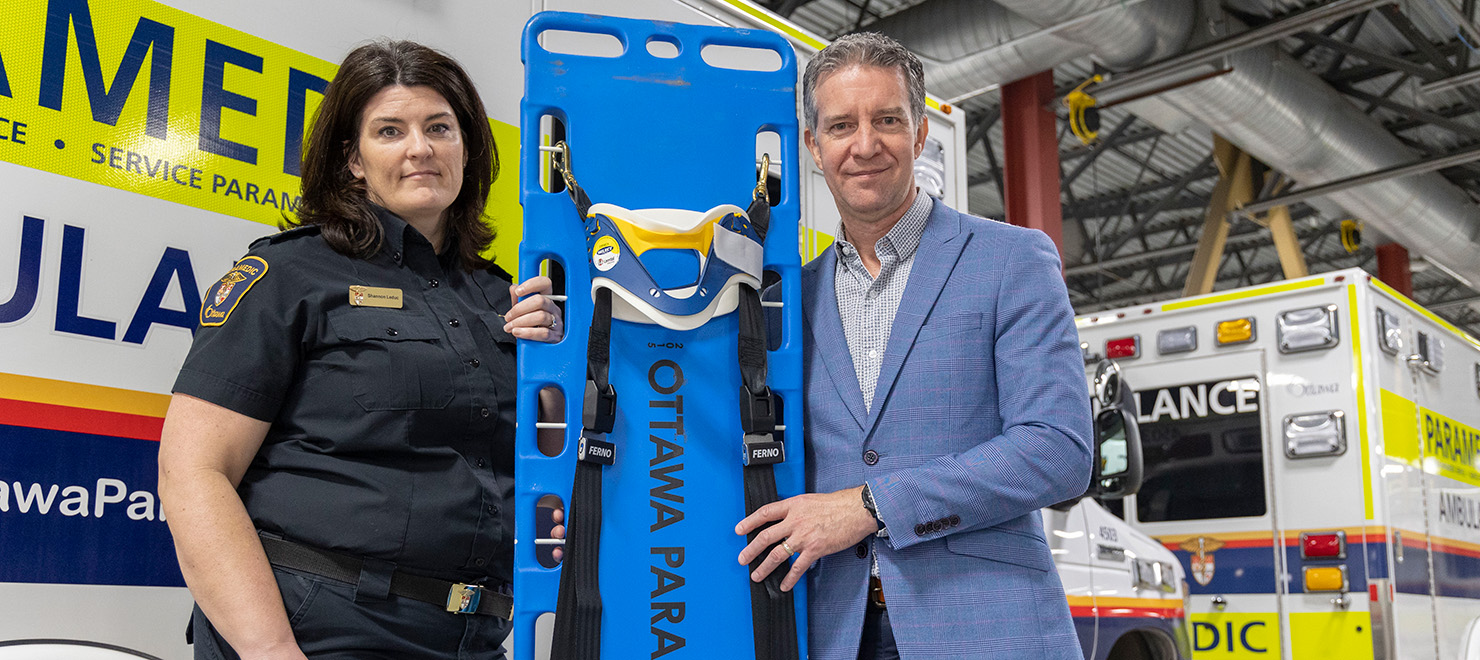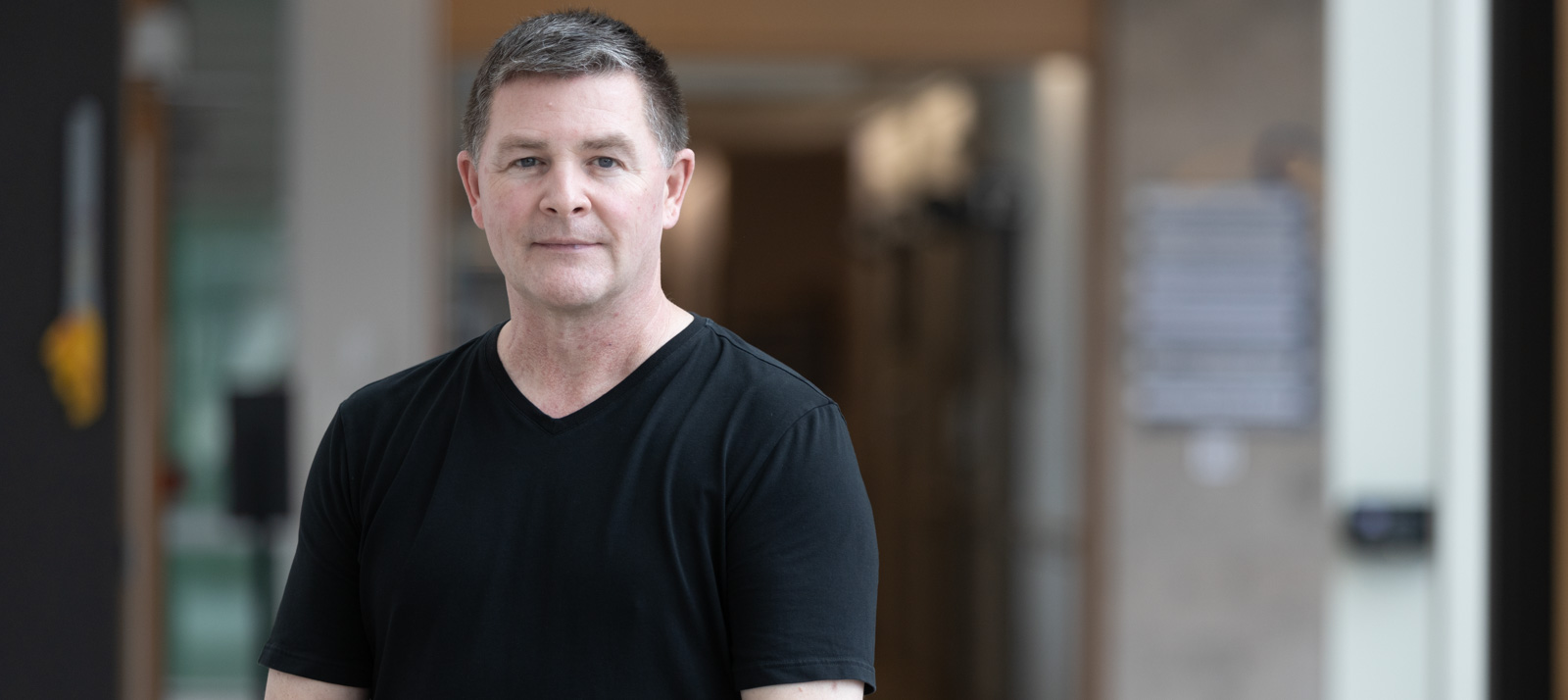
“Participating in research requires a lot of time and trust,” said Becky Hollingsworth, who participated in an asthma research study at The Ottawa Hospital. “It is good to see that researchers at The Ottawa Hospital are doing everything they can to make sure that their results are making a difference.”
Becky Hollingsworth took part in a clinical research study at The Ottawa Hospital that showed a third of people who have been diagnosed with asthma don’t actually have it (including her). The results, published in JAMA, are changing medical practice around the world.
Not every research study has this kind of impact, but all are supposed to at least contribute to scientific knowledge. Unfortunately, it turns out that some biomedical studies are published in a way that makes it difficult for others to interpret the results and learn from them.
Researchers at The Ottawa Hospital and the University of Ottawa, led by Dr. David Moher, have taken the lead in tackling this problem.
Dr. Moher became interested in this while doing systematic reviews to solve medical controversies. This exercise involves finding and reading every single study ever published on a given topic and combining the results in an unbiased way to provide the best answer possible for a given question.
While conducting these reviews, Dr. Moher noticed that many clinical trial publications lacked key details about how the experiments were performed and how the data were analyzed. This made it difficult to know if the results were reliable.
“I found that this was a real disservice to patients,” explained Dr. Moher, a senior scientist at The Ottawa Hospital and associate professor at the University of Ottawa. “People around the world were participating in research studies, believing that their contribution would make a difference for future patients but, in fact, some research publications were written so poorly that the results were unusable.”
Dr. Moher set out to change this by developing checklists and guidelines that researchers could use to make sure their publications include all the required information. His work has been endorsed by more than 500 biomedical journals worldwide and has been called a “milestone in research methods” by the influential United States Patient-Centered Outcomes Research Institute.
In recent years, Dr. Moher has taken on illegitimate or predatory journals. These journals rapidly publish research, typically at a lower cost than legitimate journals such as JAMA, but do not provide quality controls such as peer review.
While most people assumed that predatory journals were mainly a problem in low-income countries, Dr. Moher and his colleagues recently published a study in Nature that debunks this. They found that 57 percent of papers in suspected predatory journals are actually from high- or upper-middle-income countries.
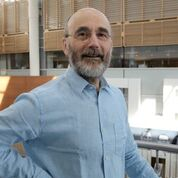
“The vast majority of biomedical research is published in legitimate journals, but predatory journals are a growing threat,” said Dr. Moher. “Funders, institutions, researchers and publishers need to work together to address this problem and ensure that research is published in a way that advances science and improves health.”
Dr. Moher and The Ottawa Hospital have taken the lead with the opening of the Centre for Journalology. This centre, the only one of its kind in the world, includes a full-time publications officer who provides training and consultations to help researchers publish their results in a clear and transparent manner. Dr. Moher and his colleagues have also made progress in identifying predatory journals, proposing solutions and developing guidelines and other resources, and international partnerships.
People like Becky Hollingsworth couldn’t be more pleased.
“Participating in research requires a lot of time and trust,” she said. “It is good to see that researchers at The Ottawa Hospital are doing everything they can to make sure that their results are making a difference.”
Support research at The Ottawa Hospital to improve patient care.

Support patient care and research at
The Ottawa Hospital
You might also like…
Dr. John Bell and Stephen Beckta inducted into the Order of Canada
The Ottawa Hospital is proud to share that on December 31, 2025, two members of our team were inducted into the Order of Canada. Congratulations Dr. John Bell and Stephen Beckta.
Everyone at our hospital plays a role in research. Here’s how
It’s Research Week at The Ottawa Hospital. Check out this video to hear from some of the incredible people fuelling our discoveries that are having an impact around the world.
Do you have a surgery coming up? Here are five “prehab” tips to help you recover faster
You’ve probably heard about rehabilitation, but what about “prehabilitation”? Prehab is all about getting your body and mind in top shape before surgery so you can enjoy a smoother, quicker recovery. Discover five essential prehab strategies from researcher Dr. Daniel McIsaac.
By thinking differently, this research team is improving the lives of people with cancer
Taking a different approach to clinical trials, the REthinking Clinical Trials (REaCT) program aims to answer some of the most important and practical questions that affect both patients with cancer and our health-care system. Find out what sets REaCT apart and makes the program so special to participants like Beth.
Does this backboard look comfortable to you?
Imagine this: You’re flat on your back, strapped tight to a rigid backboard, unable to move at all. Fortunately, this is no longer the reality for most low-risk trauma patients when they’re brought to hospital in our province. Find out how researchers at The Ottawa Hospital teamed up with paramedics across Ontario to make the journey a lot more comfortable.
Ever have a tough time making a medical decision? These tools can help you
When faced with a medical condition, there may not be one clear path forward — but we have something to help you with that. The Ottawa Hospital is home to the largest collection of decision aids in the world, covering everything from various cancers to depression to allergies.


 To reset, hold the Ctrl key, then press 0.
To reset, hold the Ctrl key, then press 0.
